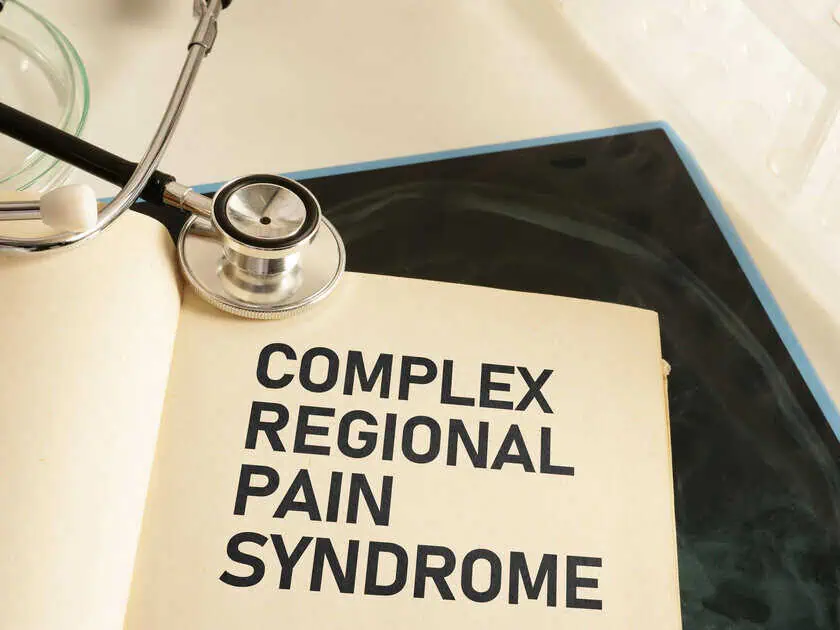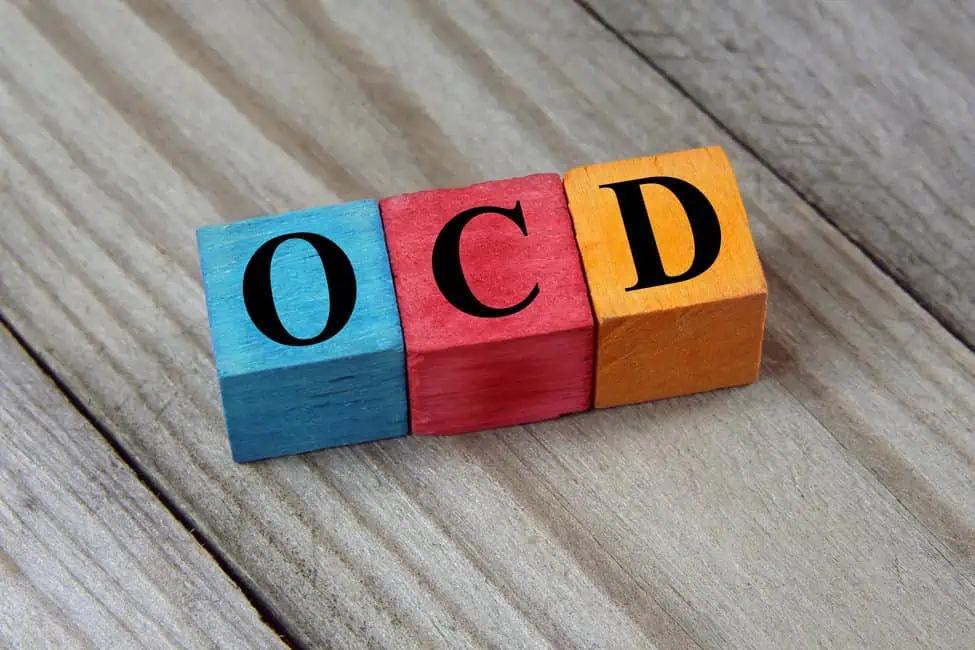Table of Contents
Innovative treatments are being explored in the field of mental health and chronic pain management all the time. Among these breakthroughs is Ketamine Infusion Therapy. Known for its rapid and effective effects, Ketamine Infusion Therapy offers new hope to people with treatment-resistant conditions like depression, anxiety, chronic pain, PTSD, and addiction. In recent years, this therapeutic approach has shown enormous promise in resetting the neural pathways associated with mood regulation and pain perception.
What is Ketamine Infusion Therapy?
Ketamine Infusion Therapy involves administering a controlled dose of ketamine, usually intravenously, to a patient under medical supervision. This system plays a crucial role in regulating mood, pain perception, and cognitive function. Unlike conventional antidepressants that may take weeks or even months to exhibit results, ketamine can offer relief in a matter of hours after the initial treatment.
This swift response is particularly crucial for individuals experiencing acute suicidality, providing an immediate intervention that can stabilize a patient’s mental state. By targeting the brain’s NMDA (N-methyl-D-aspartate) receptors, ketamine effectively “resets” abnormal neural pathways, paving the way for healthier communication between brain cells. This novel mechanism of action distinguishes Ketamine Infusion Therapy from traditional approaches, making it an invaluable tool for mental health professionals and pain management specialists.
Conditions Treated by Ketamine Infusion Therapy
1. Treatment-Resistant Depression
Depression is a debilitating condition that affects millions worldwide. For some individuals, traditional antidepressants fail to provide relief, leaving them trapped in a cycle of hopelessness. Ketamine Infusion Therapy offers a lifeline to those with treatment-resistant depression by rapidly alleviating symptoms and improving mood. A patient’s ability to resume their therapeutic activities and improve their quality of life might be greatly enhanced by the prompt start of relief.
2. Chronic Pain
It may be very difficult to manage chronic pain illnesses like fibromyalgia and Complex Regional Pain Syndrome (CRPS). Ketamine is a useful choice for those with chronic pain because of its capacity to affect how pain is perceived. By interrupting pain signals and altering the brain’s pain pathways, Ketamine Infusion Therapy can provide long-lasting relief, reducing the need for opioid medications and improving patients’ overall well-being.
3. Post-Traumatic Stress Disorder (PTSD)
A serious mental illness known as post-traumatic stress disorder (PTSD) can arise from going through or seeing terrible experiences. Medication and psychotherapy are examples of conventional therapies that might not always be sufficient to relieve symptoms. Because ketamine infusion therapy increases neuroplasticity—the brain’s capacity to change and rearrange itself—it has the potential to lessen the intensity of PTSD symptoms. This can help patients process traumatic memories more effectively and reduce the impact of PTSD on their daily lives.
4. Anxiety and Obsessive-Compulsive Disorder (OCD)
Anxiety disorders, including generalized anxiety disorder and OCD, can be incredibly distressing and impair an individual’s ability to function. Ketamine’s fast-acting nature and impact on the glutamate system make it a promising option for those with anxiety and OCD. Patients receiving ketamine infusion therapy frequently report notable improvements in their quality of life and everyday functioning as a result of considerable decreases in anxiety and obsessive thoughts.
5. Addiction
Addiction is a complex condition that often requires a multifaceted approach to treatment. Ketamine Infusion Therapy has emerged as a potential tool in addiction recovery by reducing cravings and withdrawal symptoms. Its ability to create new neural connections may also help patients develop healthier coping mechanisms, making it a valuable adjunct to traditional addiction treatments.
6. Fibromyalgia
Fatigue, regional soreness, and generalized musculoskeletal pain are the hallmarks of fibromyalgia. Traditional pain relief methods often prove inadequate for managing fibromyalgia. Ketamine Infusion Therapy’s impact on NMDA receptors offers a new avenue for pain relief by modulating how the brain perceives pain. This can significantly reduce pain levels, allowing patients to engage more fully in daily activities and improve their quality of life.
7. Complex Regional Pain Syndrome (CRPS)
CRPS, a persistent pain syndrome that frequently develops after an accident, usually affects a single limb. It is typified by severe or persistent pain and alterations in the afflicted area’s temperature, color, and swelling. By interfering with the brain and spinal cord’s pain signaling pathways, ketamine infusion therapy can help break the cycle of pain and provide relief that is frequently impossible to achieve with traditional pain treatment methods.
8. Acute Suicidality
The ability of ketamine to provide rapid relief from suicidal ideation is one of its most remarkable benefits. The rapidity with which Ketamine Infusion Therapy is effective can be life-saving for those experiencing a mental health crisis. Ketamine offers a critical window of opportunity for additional therapeutic intervention and support by stabilizing mood and lowering the intensity of suicidal ideation.
The Science Behind Ketamine Infusion Therapy
Ketamine works differently from conventional antidepressants and pain medications, making it a unique and valuable treatment option. Traditional antidepressants typically target serotonin, norepinephrine, or dopamine systems in the brain, requiring weeks to build up and become effective. In contrast, ketamine influences the glutamate system, which plays a crucial role in neural communication, learning, and memory.
When ketamine is injected, it disables the brain’s NMDA receptors, raising glutamate levels. This spike in glutamate enhances synaptic plasticity—the capacity of synapses, or connections between neurons, to grow or decrease over time. It also activates another kind of receptor called AMPA receptors. This mechanism is thought to play a role in the rapid antidepressant effects of ketamine and is crucial for mood regulation.
By promoting neuroplasticity, ketamine helps the brain create new, healthier neural pathways, which can lead to lasting changes in mood and behavior. This mechanism provides immediate relief and supports long-term mental health recovery by enabling the brain to adapt and respond to stress more effectively.
Benefits of Ketamine Infusion Therapy
Ketamine Infusion Therapy offers numerous benefits that set it apart from traditional treatment methods:
- Rapid Relief: Unlike conventional antidepressants that take weeks to show effects, ketamine can alleviate symptoms within hours, making it a critical option for those in crisis.
- High Success Rate: Ketamine Infusion Therapy has shown a high success rate in patients with treatment-resistant conditions, providing hope to those who have not found relief with other treatments.
- Reduced Dependence on Medications: By offering a non-opioid solution for pain management, ketamine can help reduce the reliance on addictive pain medications.
- Improved Quality of Life: Many patients report significant improvements in mood, pain levels, and overall quality of life, allowing them to re-engage with daily activities and relationships.
- Neuroplasticity and Long-Term Benefits: Ketamine promotes neuroplasticity, which supports long-term mental health recovery, helping patients build resilience and cope more effectively.
Choosing the Best Ketamine Infusion Therapy in Buford
At Revive Ketamine, we’re dedicated to giving patients seeking treatment for chronic pain and mental health issues the best possible care. Our skilled specialists are committed to using cutting-edge and successful therapies to help you live a better life. Ketamine Infusion Therapy could be the answer you’ve been looking for if you’re dealing with addiction, PTSD, chronic pain, depression, or anxiety that isn’t responding to therapy.
Contact us right now to arrange a consultation and discover more about how Ketamine Infusion Therapy might improve your life. Allow Revive Ketamine to accompany you on your journey toward recovery and well-being.







